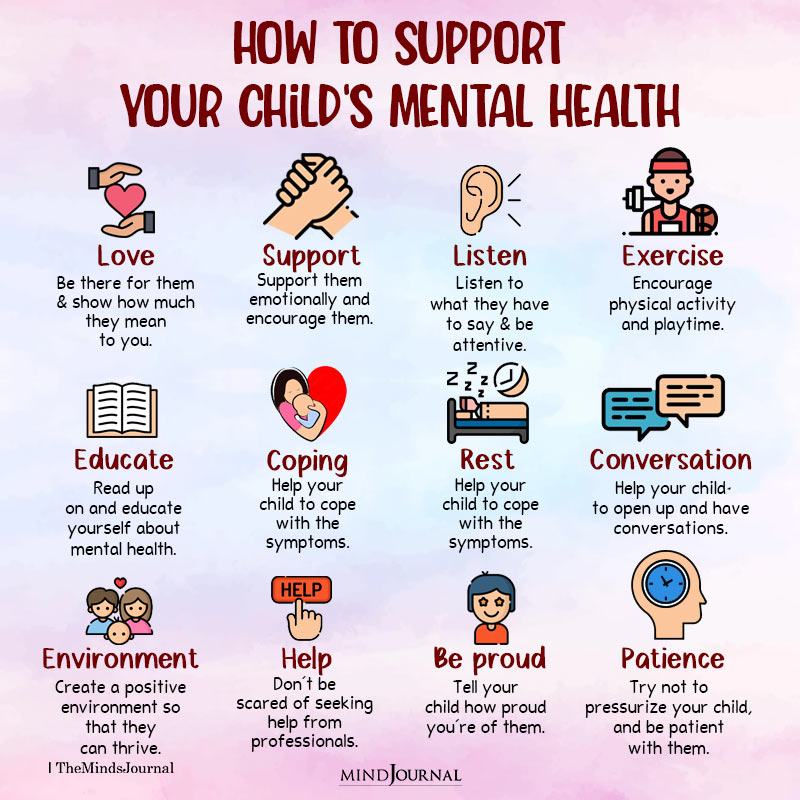Building your child’s self esteem is easier than you might think, and it all starts with the words you choose. Here are 4 simple habits that can help empower your child and boost their confidence and self-worth. Let’s find out how to empower your child by just making a few tweaks in your daily conversations!
We’re our child’s first teachers. They learn everything from us: what’s up or down, red or blue, right or wrong. They believe what we tell them, and rely on us to interpret the world: “That’s HOT, Don’t touch!… Now we wash our hands … We can walk now that the light is green … We always … We never … This is how we do it … The sky is blue.”
So what happens when they hear: “You’d lose your head if it wasn’t glued on … That was a dumb thing to do … You drive me crazy … Why can’t you … You never … You always…”
Or overhear: “You won’t believe the day I’ve had with that kid … He’s so irresponsible… She never does her chores without me hounding her … He can’t control himself … She has such a temper….”
They believe it.
Even if they don’t show it, even if they act like they don’t care, on some level our children believe everything we say about them.
This could demoralize every parent at times, because we’ve all said things that we later wish we hadn’t. But instead, let’s use it to our advantage, and to our children’s advantage.
Why not leverage our children’s trust in what we say to empower them to become their best selves?
Our words don’t have to be perfect. But what we believe will eventually come out of our mouths. So what if we practiced these four habits?
Related: 10 Essential Positive Discipline Techniques Every Parent Needs!
4 Easy Habits to Build Your Child’s Self Esteem with Your Words
1. Empower your child by seeing her best self.
Research shows that kids’ beliefs determine their behavior. When you observe something positive about your child, tell her what you see.
- “I saw that you got frustrated with your brother, but you were able to stop yourself from yelling at him.”
- “Wow, you read that whole book yourself!”
- “I’ve noticed that you’re remembering to brush your teeth now without being reminded most of the time.”
- “You did your chore with only one reminder! Thank you!”
- “You’re working so hard on that homework.”
Notice that these are specific observations about what your child is actually doing, rather than global pronouncements like “You’re smart,” which aren’t provable, and which kids may argue with in their own minds.

2. Empower your child by problem-solving instead of labeling.
If you’re offering your child guidance about something, stick to what’s happening right now and empower your child to solve it. “You always forget to …” makes him the problem, and programs him to keep forgetting.
Instead, try “It’s hard to remember. How do you think you can help yourself remember tomorrow?” This acknowledges that he has a problem that other people sometimes have also, and helps him move from being the problem to becoming the problem solver.
Just focus on how he can remember this one time, and he’ll start to see that he’s a kid who can support himself to remember, more and more often.
Comment especially on any progress in the “right direction,” even if it isn’t perfect. We all need encouragement to keep plugging away towards a goal.
3. Empower your child by helping her keep “failure” in perspective.
Children create beliefs about the world from every experience they have. When things don’t work out as they had hoped, they often draw global conclusions.
That’s why an observation like “I got all these words wrong” can easily become a conclusion like “I’m just no good at spelling… I’m not a good student… I’m dumb.”
Help your child reframe situations to see that any given setback is temporary AND she has some control over whether things will work out next time.
“You’re really disappointed that you didn’t know these words. These are hard words, but it’s only one test. We can help you learn the words for next week. What could we do next week to help you remember the words before the spelling test?”
It’s also helpful for your child to see that anything he or she isn’t handling well does not need to be a permanent condition. Your “power word” here is “Yet!”
So you might say:
- “You just haven’t learned to spell that word YET.”
- “You aren’t as confident a swimmer as your friend is YET.”
Then, give your child as much support as necessary so that she can be successful — which is very different than doing it for her. Seeing that their actions have a big impact on their success helps kids try harder next time, instead of giving up.
Related: 3 Crucial Reasons Why Being A Role Model Parent Is Important For Your Child!
4. Empower your child by letting him overhear you saying something positive about him to someone else.
When you try to convince your child directly, he may resist what you’re saying. After all, he sees evidence to the contrary. But when he overhears you saying it to someone else, he begins to believe that it might be true.
- “He was so helpful today.”
- “I think he’s finding that focusing on his homework helps him enjoy school more.”
- “He and his sister are learning how to work things out.”
- “I just so enjoy being with him.”
- “More and more often, he does his chores without me even reminding him.”
- “I am so blessed that I get to be his mother!”
Your child believes everything you say about him. And acts on it. What an opportunity!
Dr. Laura Markham is the founder of peacefulparenthappykids.com and author of Peaceful Parent, Happy Kids, Peaceful Parent, Happy Siblings and her latest book, the Peaceful Parent, Happy Kids Workbook.
Written By Dr. Laura Markham
Originally Appeared On Peaceful Parent Happy Kids










Leave a Reply